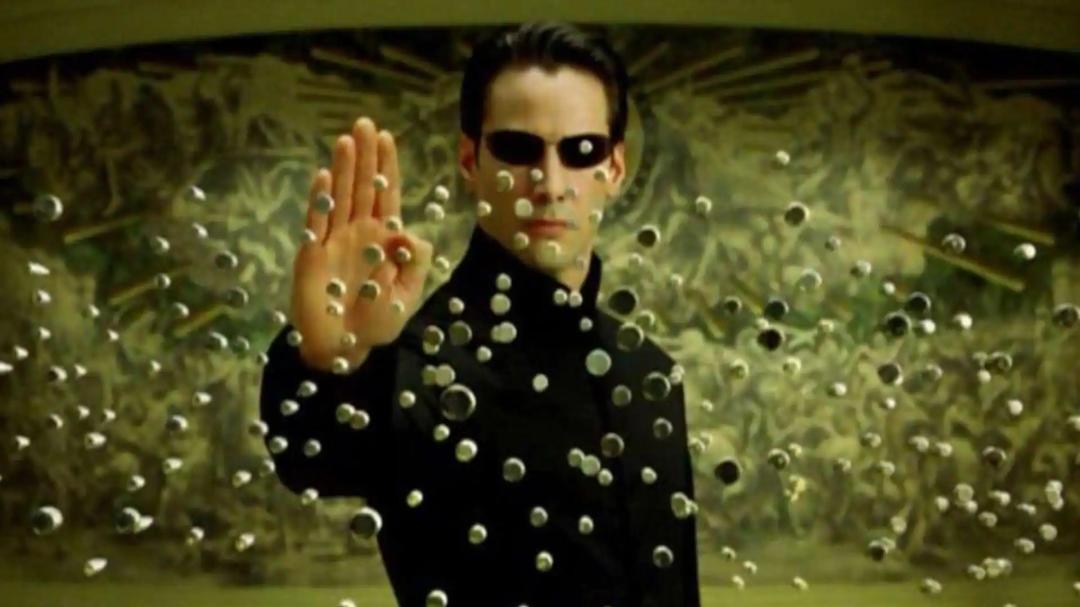
Physicists prove universe isn’t a computer simulation like in ‘The Matrix’
The idea that our universe is a computer simulation, popularized by the iconic movie “The Matrix,” has been a topic of debate among philosophers, scientists, and technology enthusiasts for decades. However, a recent study by physicists from the University of British Columbia Okanagan (UBCO) has mathematically proven that this concept is nothing more than a fascinating science fiction idea. According to a press release, the researchers have demonstrated that the universe is not a computer simulation, but rather a complex system that operates on a deeper level of understanding that transcends algorithms.
The study’s findings, which were recently released, have significant implications for our understanding of the fundamental laws of physics and the nature of reality. The researchers argue that the universe is not a simulation created by a higher being or advanced civilization, but rather a dynamic, self-organizing system that is governed by its own set of rules and principles. These principles, they claim, cannot be reduced to a set of algorithms or computational processes, but rather require a more nuanced and contextual understanding of the universe and its workings.
One of the key insights of the study is that the fundamental laws of physics cannot be contained within space and time, because they generate them. In other words, the laws of physics are not simply a set of rules that govern the behavior of particles and objects within the universe, but rather they are the very fabric that gives rise to space and time in the first place. This idea challenges the traditional view of the universe as a machine-like system that can be fully understood through computational models and algorithms.
The study’s co-author, a physicist at UBCO, explained that the researchers used a combination of mathematical and philosophical techniques to arrive at their conclusions. They drew on concepts from quantum mechanics, general relativity, and cosmology, as well as insights from philosophy and the foundations of mathematics. By integrating these different perspectives, the researchers were able to develop a new understanding of the universe that goes beyond the limitations of computational models.
The implications of this study are far-reaching and have the potential to revolutionize our understanding of the universe and our place within it. If the universe is not a computer simulation, then what is it? The researchers suggest that the universe is a complex, dynamic system that is governed by its own set of principles and rules. These principles are not based on algorithms or computational processes, but rather on a deeper level of understanding that is rooted in the nature of reality itself.
This idea has significant implications for the field of artificial intelligence, which is based on the idea that intelligent systems can be created through computational models and algorithms. If the universe is not a computer simulation, then it is unlikely that we can create truly intelligent systems that are capable of simulating the complexity and richness of the universe. Instead, we may need to develop new approaches to artificial intelligence that are based on a deeper understanding of the universe and its workings.
The study also has implications for our understanding of the nature of reality and our place within it. If the universe is not a simulation created by a higher being or advanced civilization, then what is the purpose and meaning of our existence? The researchers suggest that the universe is a complex, dynamic system that is governed by its own set of principles and rules, and that our existence is an integral part of this system. This idea challenges traditional notions of purpose and meaning, and suggests that we need to develop a new understanding of our place within the universe.
In conclusion, the study by physicists from UBCO has mathematically proven that the universe is not a computer simulation like in “The Matrix.” Instead, the universe is a complex, dynamic system that operates on a deeper level of understanding that transcends algorithms and computational models. The implications of this study are far-reaching and have the potential to revolutionize our understanding of the universe and our place within it. As we continue to explore and understand the universe, we may need to develop new approaches to artificial intelligence, philosophy, and our understanding of reality itself.
News Source: https://news.ok.ubc.ca/2025/10/30/ubco-study-debunks-the-idea-that-the-universe-is-a-computer-simulation/





